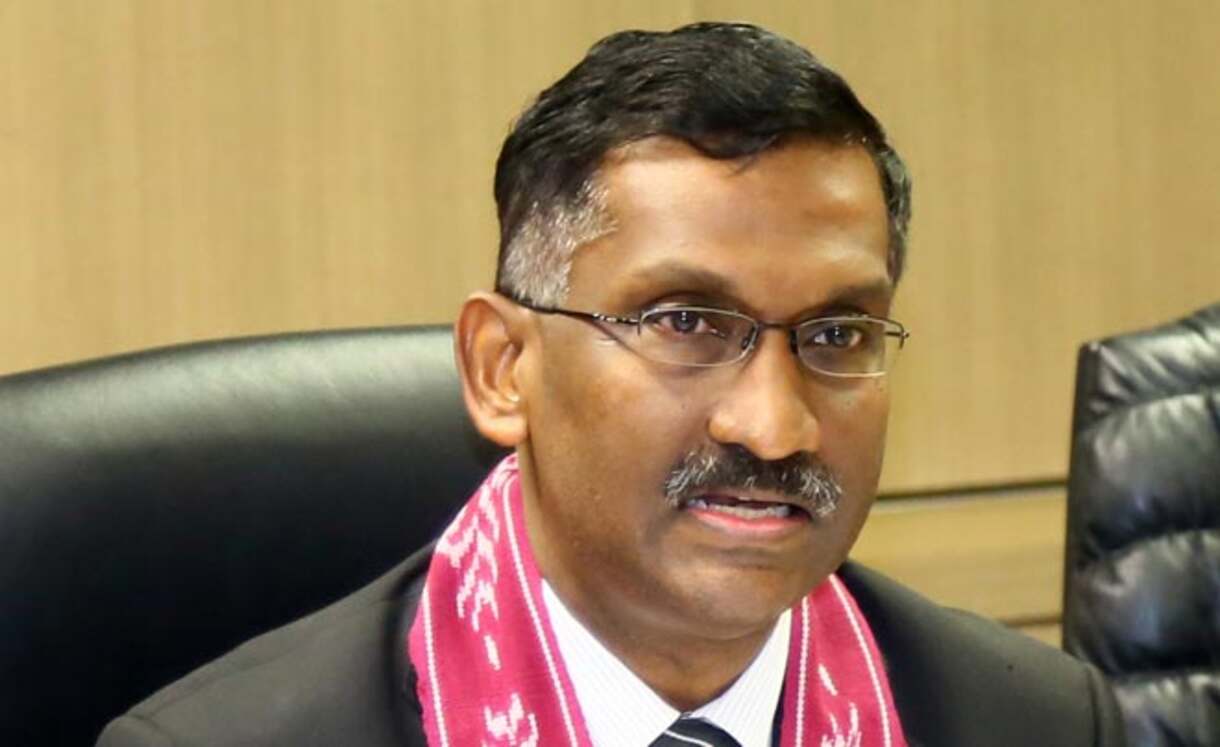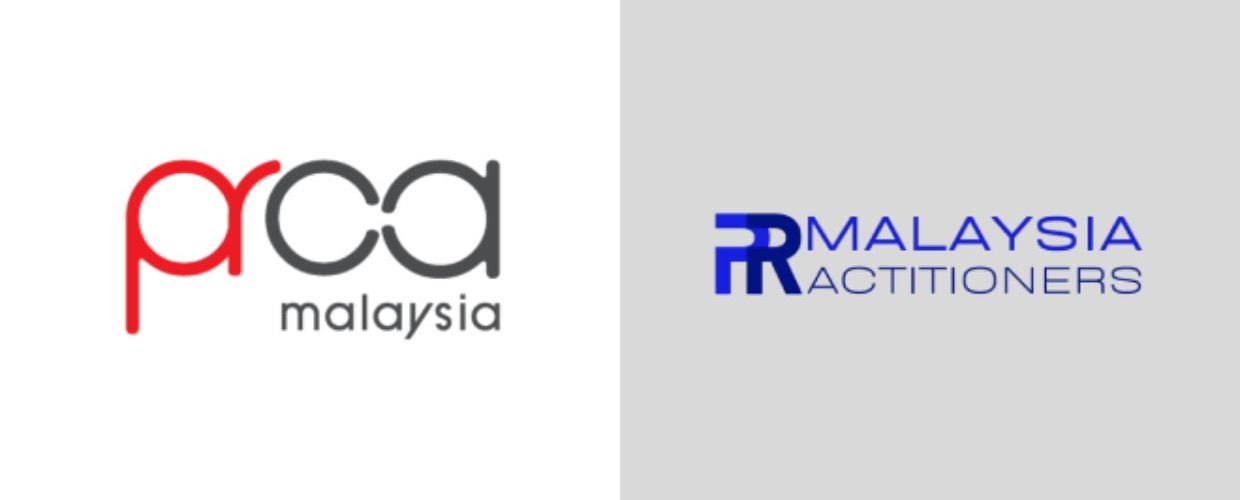The Public Relations and Communications Association (PRCA) Malaysia and the Public Relations Practitioners Society of Malaysia (PRactitioners) have responded to recent calls for a Public Relations Act, emphasizing the need for a collaborative and consultative approach. Both organizations stress that while the objective of elevating standards within the PR industry is commendable, any proposed legislation should be developed through comprehensive discussions involving all key stakeholders.

Advocating for Inclusive Consultation
Prof. Hj. Mohd Said Bani C.M. Din, President of PRCA Malaysia, highlighted the complexities involved in proposing such an Act. “The idea of a Public Relations Act can be easily mooted, but without a proper consultative approach, its necessity remains open for further evaluation and justification. The industry is diverse, encompassing various players and specialisations. We cannot push for legislation without thorough planning and inclusive discussions,” he said. He further noted that any Act should cover essential aspects such as ethical practices, transparency, accountability, professional competence, public interest, and industry standards.
Datuk P. Kamalanathan, Chairman of PRactitioners, echoed these sentiments, stating, “While the intent behind the proposed Public Relations Act is admirable, it is imperative that we approach this with a balanced perspective. We need to first agree as an industry that such legislation is necessary. If so, it has to be developed with comprehensive input from all key stakeholders and the ‘best minds’ within the industry.” He emphasized the importance of establishing a framework that upholds the highest standards of ethical practice and professionalism without causing unnecessary disruption or fragmentation.
Addressing Concerns Over Mandatory Accreditation

One of the major points of contention is the proposed mandatory licensing, registration, and accreditation process. The statement raised several concerns: which body would be qualified to oversee accreditation and licensing? Could such requirements prevent even highly educated graduates from practising without additional certification? Would it disrupt the careers of many current practitioners who would then be required to obtain licences?
Both Prof. Mohd Said and Datuk Kamalanathan suggest that accreditation should be an option rather than a mandate. By effectively communicating its benefits, accreditation can be made appealing without being compulsory. Forcing it upon practitioners is neither practical nor fair.
Furthermore, the earlier statement made does not represent the entirety of the public relations and communications industry. No motion has been made to initiate discussions with PRCA Malaysia nor the PRactitioners regarding this matter. Both organizations caution against misrepresentation, stressing that the announcement of potential legislation should come from a government official or relevant department to ensure credibility and authority, and not from an association.
In conclusion, while both PRCA Malaysia and PRactitioners support efforts to elevate the standards of the PR industry, they advocate for an approach that is inclusive, well-planned, and representative of all stakeholders. They are committed to working with all parties to ensure that any legislative framework benefits the industry as a whole and upholds the highest standards of professionalism and ethics.











